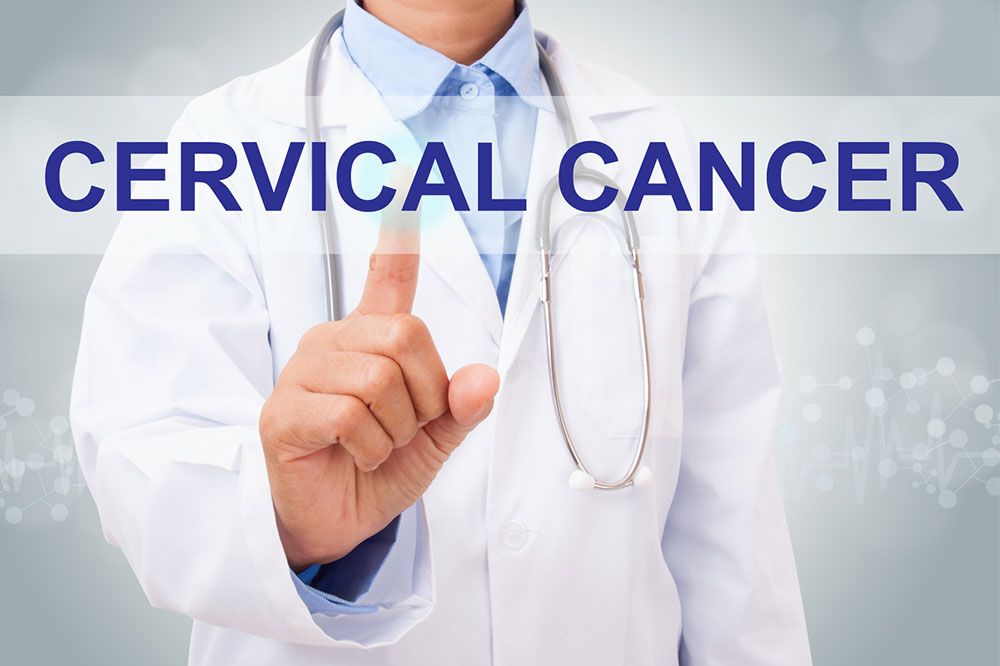
9 Risk Factors for Cervical Cancer
A risk factor is something that elevates your chances of developing or contracting a disease. Different types of diseases have different risk factors. This article solely focuses on the risk factors for cervical cancer. Knowing these risk factors can help you make the necessary lifestyle changes to avoid its onset. Read on to know the seven risk factors for cervical cancer.
1. Human Papillomavirus Infection (HPV)
HPV accounts for as many as 90% of cervical cancer cases. HPV is a sexually-transmitted disease that can not only increase your chances of cervical cancer but also cancers of the anus, penis, and vulva. HPV spreads from one person to another through sexual activities, including anal and oral sex.
2. Irregular cervical cells
Cervical intraepithelial neoplasia (CIN) is an irregularity in cervical cells that can increase one’s risk of cervical cancer, even on treatment. It mainly happens when one has a chronic HPV infection.
3. No history of pap tests
A Pap test is a screening tool that is used to identify abnormal cell growth. The best way to stop the abnormality in cervical cells is by detecting them early before they become cancerous. Women who have never undergone a pap test are at a higher risk of developing cervical cancer.
4. Sexual history
Women who start having sex at an early age or those who have multiple sexual partners are at a high risk of cervical cancer. Additionally, a history of sexually transmitted infections (STIs), such as chlamydia, can also elevate one’s chances of developing cervical cancer. To avoid this, one needs to get regularly screened for STDs and STIs and get timely treatment if necessary.
5. Smoking
Smoking can affect every cell in the body. When you smoke, you allow carcinogens to enter your bloodstream. When you are regularly exposed to carcinogenic agents, it increases your risk of developing cervical cancer.
6. Weak immune system
Certain medications and conditions compromise the strength of your immunity system, increasing your risk of cervical cancer. Since you are more prone to infections, your body becomes incapable of fighting them off on their own. For example, HPV infection can be easily vanquished by a strong immune system. However, a weakened immune system can make it chronic, increasing the risk of cervical cell damage.
7. Poor nutrition
Poor eating habits and a diet low in fruits and vegetables can elevate your risk of cervical cancer.
8. Exposure to Diethylstilbestrol (DES)
Women exposed to DES, a hormone that reduces the risk of miscarriage, have a higher risk of developing cervical cancer.
9. Ethnicity
Certain racial groups, such as African-Americans, Hispanics, and American-Indians, have a higher chance of developing cervical cancer.
These are some of the most common risk factors of cervical cancer. If you are exposed to any of these and see early symptoms, contact your doctor at the earliest.



